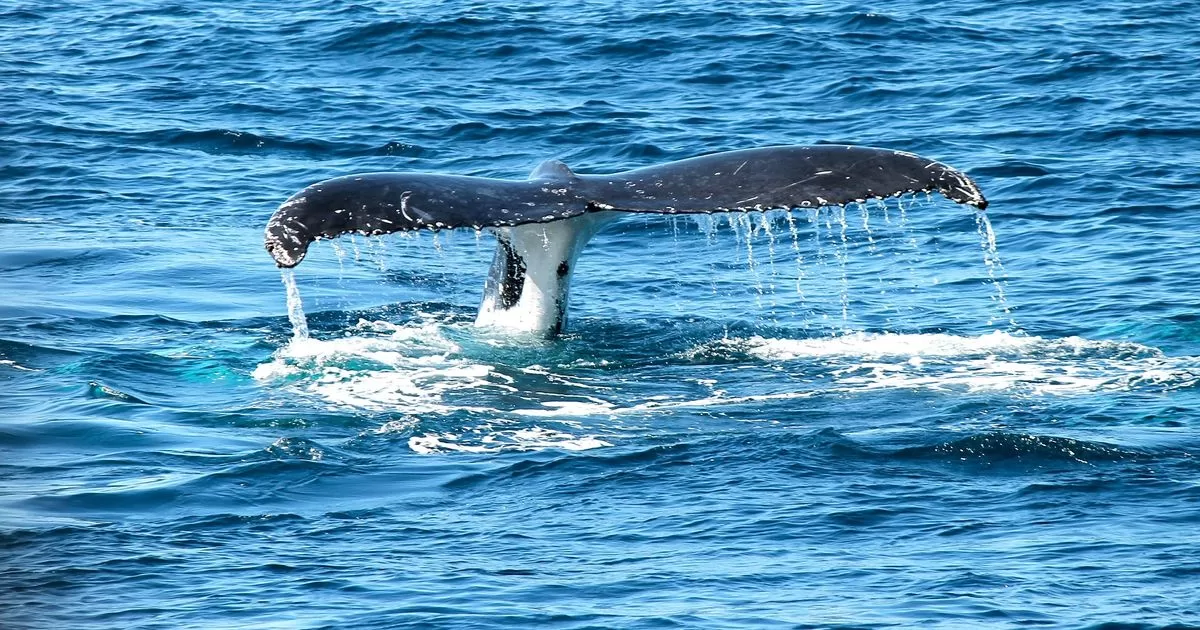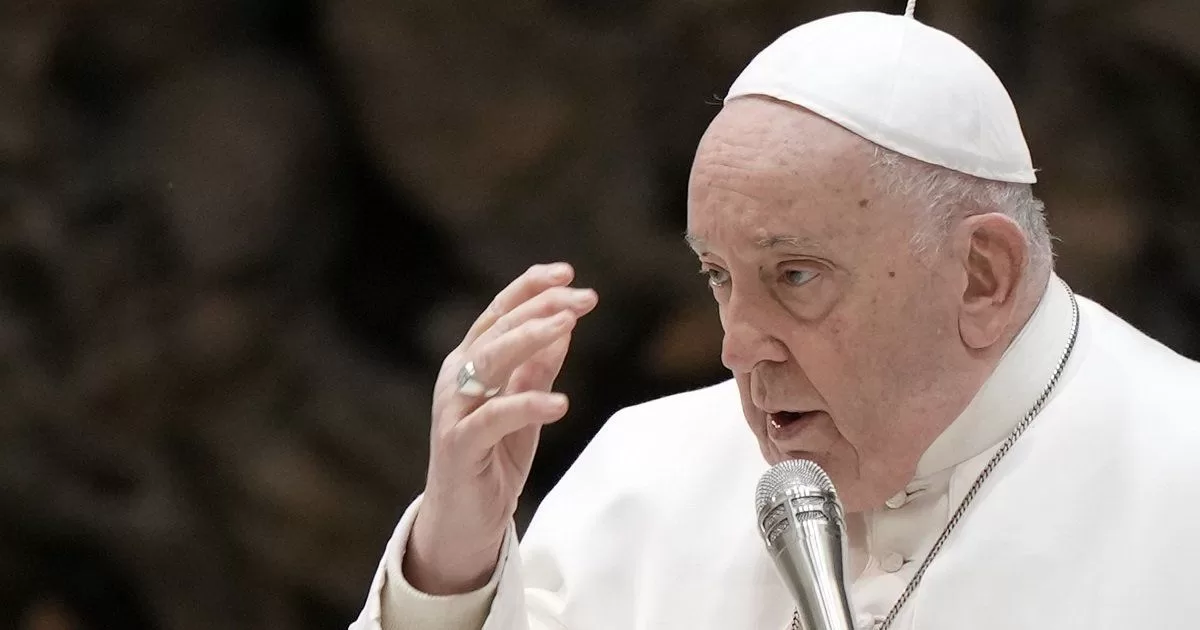A week before the next coalition committee, there is a need for clarification in the traffic light alliance regarding the planned phasing out of oil and gas heating. At the weekend, two celebrities from the SPD – Stephan Weil and Manuela Schwesig – had expressed doubts about the plan to no longer install purely fossil heating systems in residential buildings from 2024. However, old systems can be operated for longer.
According to the ideas of Economics Minister Robert Habeck (Greens), new systems should generate at least 65 percent of the heat from other energy sources, which in private homes would primarily result in the use of heat pumps or district heating.
The Prime Minister of Lower Saxony Weil considers the date 2024 to be unrealistic. He called on Habeck to consult with the construction and energy industry as to whether the goal can be achieved at all. The head of government of Mecklenburg-Western Pomerania, Manuela Schwesig, called the schedule “unfair and unusable”.
When it comes to new heaters, we have to rely on new climate technologies
Andreas Audretsch, Vice President of the Greens
Counter-criticism came from the Greens on Monday. “Chaos days at the SPD” – this is how Andreas Audretsch, parliamentary group deputy in the Bundestag, commented on the statements from the SPD. The traffic light in the coalition committee decided that newly installed heating systems should be operated with at least 65 percent renewable energy from 2024 “against the background of the dependence on dictator Putin and under the direction of the Federal Chancellor”. Building Minister Klara Geywitz from the SPD is developing the building energy law on this basis.
Audretsch told the Tagesspiegel: “All this shows that the SPD likes to post climate protection posters and quarrel with each other completely without direction when it comes to implementation.” Germany must become climate-neutral in the next 20 years. “That’s why we have to rely on new air conditioning technologies for new heating systems in the future. Gas and oil are becoming more and more expensive, which is why new technologies save money in the medium term.”
In the short term, the change should not overburden anyone financially. “That’s why we will set up a support program worth billions that will specifically support people with less money,” said Audretsch.
As a reaction to the coalition dispute, the CSU brought up its proposal for a scrappage premium for old heating systems again on Monday. Climate protection must make economic sense and be done with people instead of against them, said CSU regional group leader Alexander Dobrindt. He can imagine that 80 percent of the costs are subsidized. Habeck primarily wants to promote income based, not across the board.
The energy economist Claudia Kemfert from the German Institute for Economic Research (DIW) in Berlin considers both ways to be correct – clear timelines and incentives for exchange. “It makes sense to no longer install fossil heating systems in new buildings. In this way, high heating costs due to rising oil and gas prices can be avoided,” she told the Tagesspiegel.
According to Kemfert, the schedule is “ambitious, but not completely unrealistic if it is combined with concrete funding programs.” The DIW economist also thinks “a kind of scrappage bonus” makes sense. “In particular, the promotion of low-income households and tax breaks would be important, as well as retraining and training programs for professionals.”
To home page


